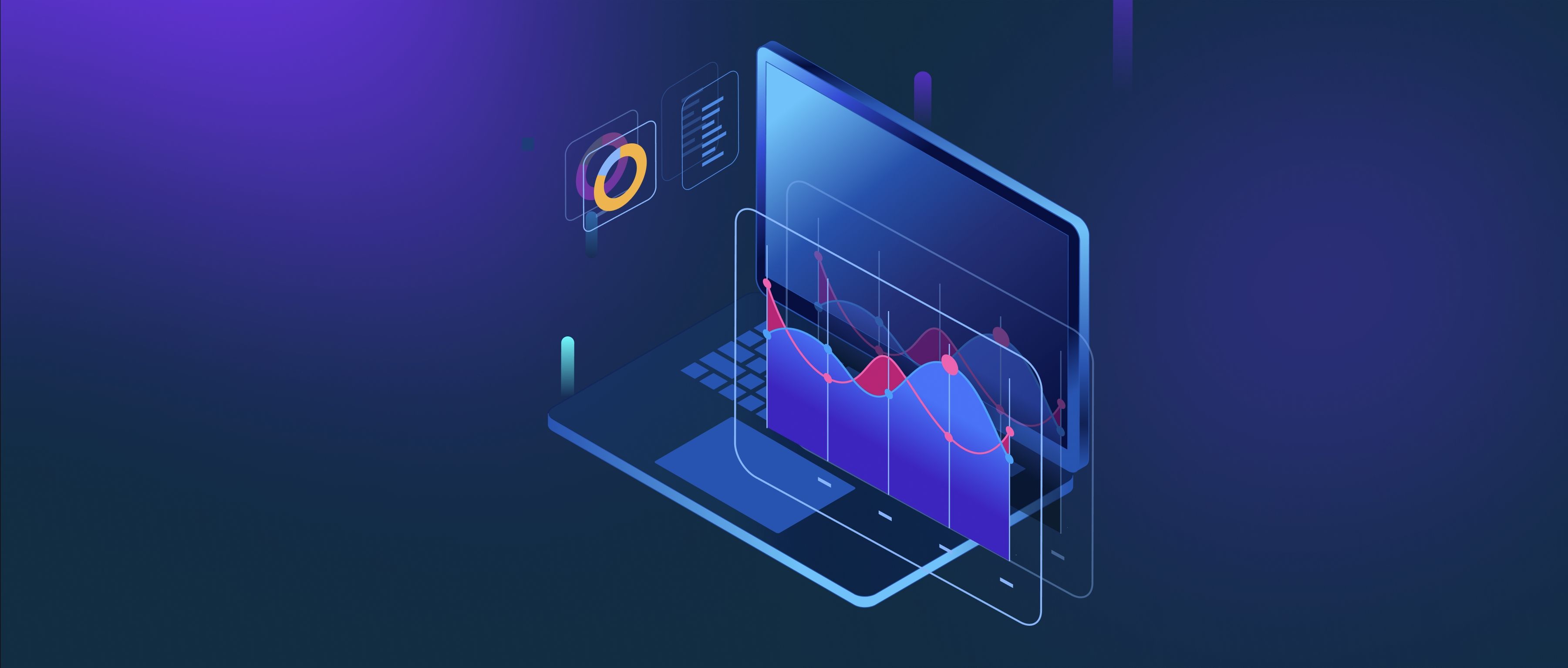Yes, OpenAI can assist with legal document analysis. The platform uses natural language processing to help developers extract relevant information from legal texts, identify key clauses, and summarize complex documents. By training models on a diverse range of legal documents, OpenAI can provide insights that might otherwise require considerable time and effort to obtain.
For instance, a developer might use OpenAI's language models to automate the review of contracts. Instead of manually going through lengthy agreements, the model can highlight important sections such as payment terms, termination clauses, or liabilities. This can significantly speed up the review process, allowing legal teams to focus on higher-level tasks rather than getting bogged down by routine examinations. Additionally, OpenAI can generate straightforward summaries of legal documents, providing quick overviews for stakeholders who may not have a legal background.
However, it is important to note that while OpenAI can assist in the analysis and summarization of legal texts, it should not be a substitute for professional legal advice. The models may not fully capture the nuances of legal language or the specific requirements of different jurisdictions. Therefore, any recommendations or analyses generated by OpenAI should be cross-verified with legal experts, ensuring that the interpretations and summaries align with the current laws and practices.
